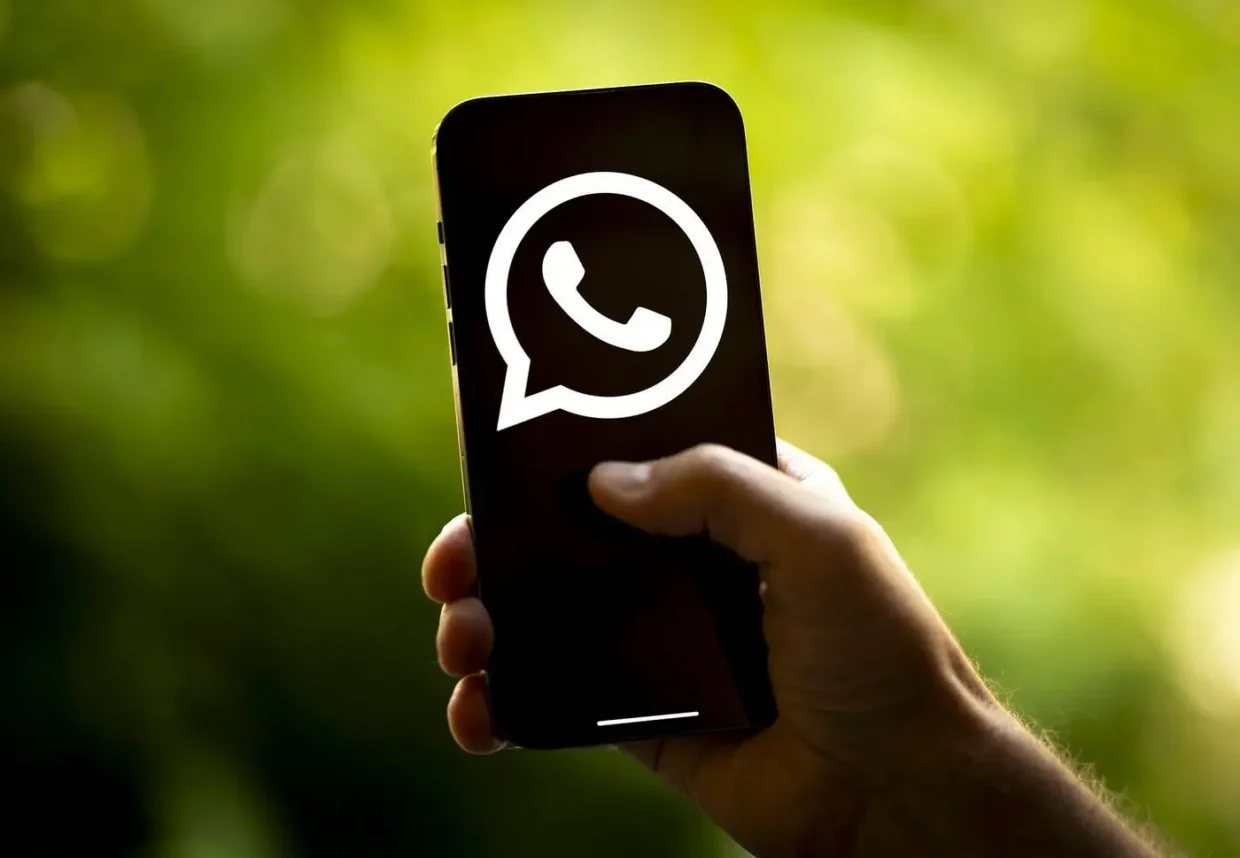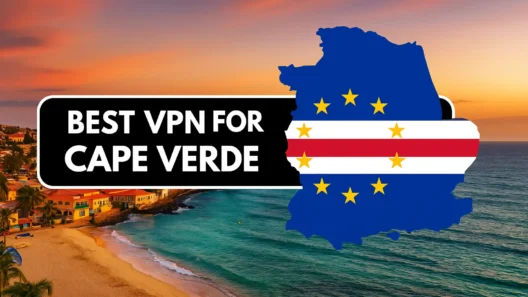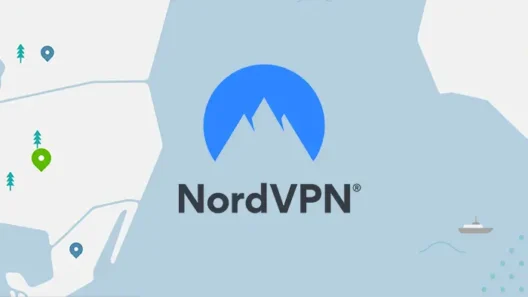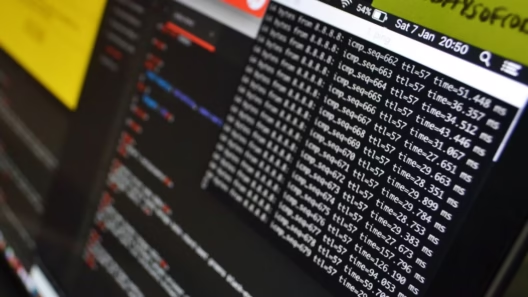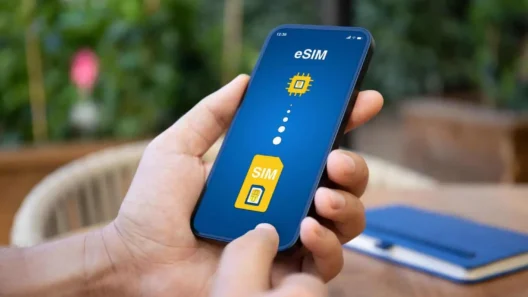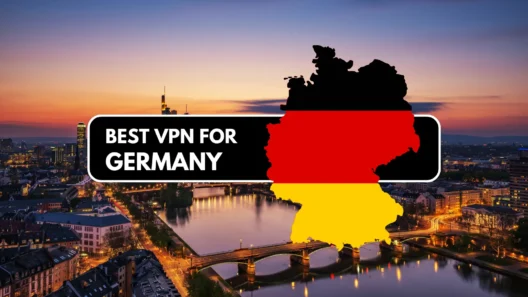Picture this – you’re sitting in a hotel in Cairo, palm trees swaying outside, decent Wi-Fi included. You open WhatsApp, tap the call button… and nothing happens. Silence. Trying to call family, friends or your partner back home suddenly feels impossible. That’s because Egypt systematically blocks access to voice and video calls over the internet.
But don’t worry. There’s a solution that works brilliantly. It’s called a VPN – and in this guide, I’ll walk you through exactly how to set it up, use it, and make secure calls, even when it feels like you’re completely cut off.
Why Doesn’t It Work? What Egypt Blocks – and Why
- VoIP apps like WhatsApp, Skype, FaceTime, Messenger, Signal, Telegram… – basically anything that allows voice or video calls via the internet is targeted.
- Why?
- Protecting telecom profits (VoIP bypasses traditional paid networks)
- Governmental control over information and encrypted communications
- A 2018 “fake news” law allows blocking of websites and accounts
- Active VPN and traffic encryption detection using Deep Packet Inspection (DPI)
Text messages often get through, but voice and video calls? Nearly impossible – without a VPN.
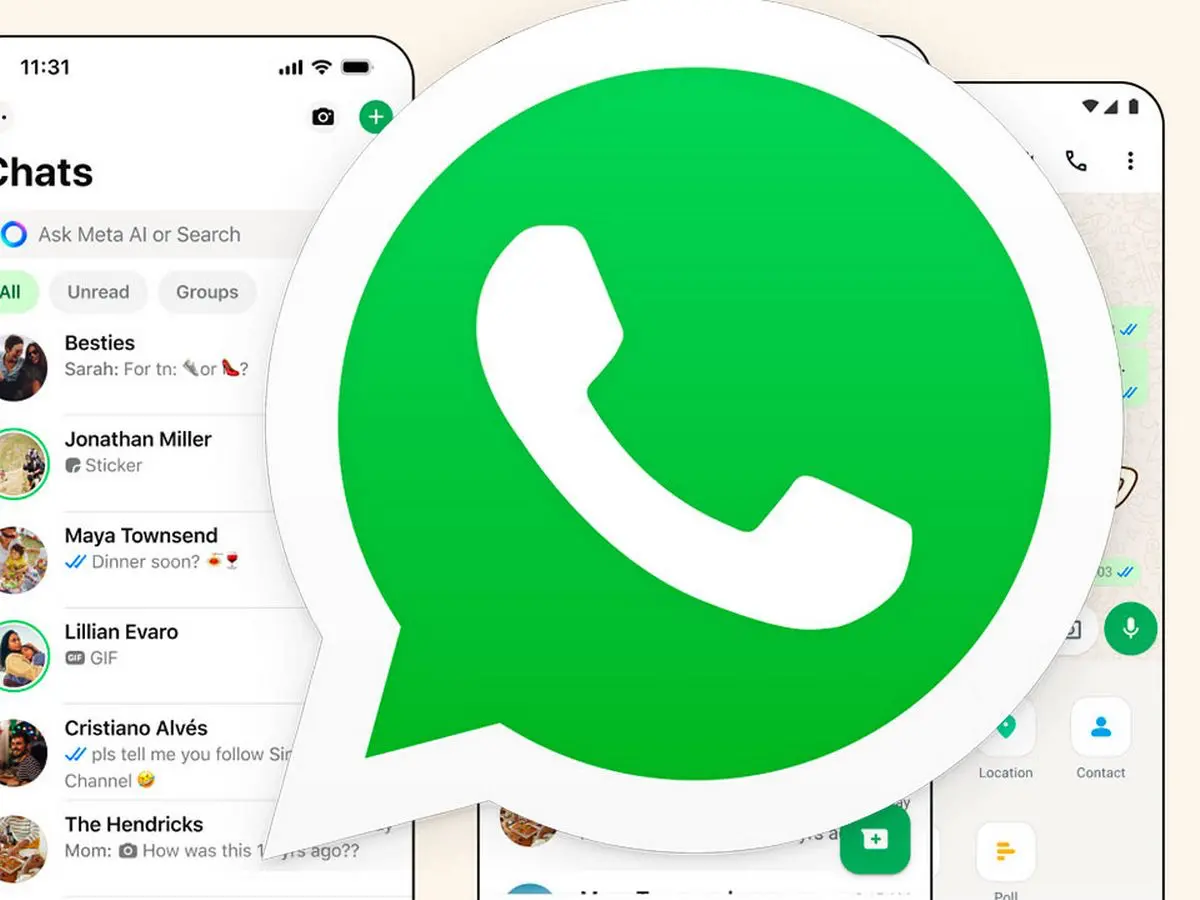
What Exactly Does Egypt Block?
- OpenVPN, WireGuard, and IKEv2 protocols without obfuscation
- Incoming traffic on VoIP ports (e.g., UDP 3478–3480)
- DNS queries to domains like whatsapp.com, skype.com, facetime.apple.com, etc.
- Public DNS servers like Google DNS, Cloudflare DNS
What Do You Need to Make Calls from Egypt?
- A VPN that is proven to work in Egypt and can disguise VPN traffic
- A phone, tablet or laptop with the VPN app installed before you travel
- A backup data connection (e.g., eSIM or a local SIM card)
- A little patience with setup and testing – but even beginners can do this
Step-by-Step: How to Make VoIP Calls in Egypt with a VPN
Step 1: Choose the Right VPN (and install it before your trip)
Top 5 Recommended VPNs for Egypt:
- NordVPN – My top pick. Fast servers, “Obfuscated Servers,” excellent security
- Surfshark – Great value, “NoBorders” mode specifically for censored regions
- IPVanish – Own server network and “Scramble” function to disguise VPN traffic
- CyberGhost – Beginner-friendly interface, strong performance near Egypt
- Private Internet Access (PIA) – For tech-savvy users, tons of customization
| Best VPN for Egypt | Offer + Discount | URL |
|---|---|---|
| NordVPN | 77% off + 3 months free | Try NordVPN |
| IPVanish | 83% off | Try IPVanish |
| SurfShark | 87% off + 2 months free | Try SurfShark |
| CyberGhost | 83% off + 2 months free | Try CyberGhost |
| PIA VPN | 82% off + 2 months free | Try PIA VPN |
Step 2: Prepare the App and Account
- Install the app before leaving home (VPN websites are often blocked in Egypt)
- Create an account, log in, and test your connection
- Download a backup installer and offline setup instructions
Step 3: Connect to the Right Server
- Avoid Egyptian servers – they may be slow or compromised
- Choose servers nearby (e.g., Italy, France, Germany, Turkey)
- Avoid high-latency servers (e.g., USA, Australia)
Step 4: Enable Obfuscation and Advanced Features
How to enable obfuscation on popular VPNs:
- NordVPN: Settings > enable “Obfuscated Servers” > use OpenVPN TCP
- Surfshark: Settings > Advanced > turn on “NoBorders” > use WireGuard protocol
- IPVanish: Choose OpenVPN > Advanced > enable “Scramble”
- PIA: Settings > enable “Obfuscation” + optional “MACE” for ad/tracker blocking
- CyberGhost: Uses automatic profiles (e.g., streaming, torrenting, Wi-Fi protection)
Step 5: Launch Your VoIP App and Test a Call
- Once connected to a VPN, open WhatsApp, Skype, Messenger, Signal or Telegram
- If the call fails:
- Try another server or protocol (OpenVPN TCP vs WireGuard)
- Clear your device’s cache and cookies
- Check for blocked ports in your local router firewall
Step 6: Configure DNS and Force VPN Routing
- Use private DNS (e.g., Mullvad DNS, Quad9)
- In VPN settings, enable full traffic tunneling (disable split tunneling)
- Check for leaks using ipleak.net or browserleaks.com
Extra Tips for Stable VPN Calling in Egypt
✅ Use wired Ethernet when possible – it’s more stable than weak hotel Wi-Fi
✅ Backup your VPN configuration (.ovpn files, QR codes, WireGuard keys)
✅ If you face issues, switch protocols – TCP is slower but more reliable than UDP
✅ Enable the Kill Switch – prevents IP leaks if the VPN disconnects
✅ Consider a VPN router – protects smart TVs, consoles, and devices without native VPN support
What to Do If the VPN Fails
- Switch protocols (e.g., from WireGuard to OpenVPN TCP)
- Change servers (e.g., Frankfurt to Milan or Istanbul)
- Contact your VPN’s support (most offer 24/7 live chat)
- Try a different connection (e.g., mobile hotspot instead of hotel Wi-Fi)
- Update your VPN app – outdated versions can fail
Why Using a VPN in Egypt Is Essential
Without a VPN:
- You can’t make voice or video calls via apps like WhatsApp or Skype
- Your data may be monitored or logged
- You lose access to foreign streaming services and news websites
- You’re more vulnerable on public or hotel networks
Final Advice: A VPN in Egypt Is More Than Just an App
It’s your digital passport to privacy, communication, and freedom. Don’t wait until you’re already there to set it up. Choose a VPN that has proven it can handle Egypt’s censorship. Personally, I recommend NordVPN – it’s fast, secure, and works on all major devices.
If you’re heading to Egypt (or already there), feel free to reach out – I’ll help you configure everything step by step, whether it’s your phone, laptop, or home router.
Because honestly? The internet in Egypt without a VPN feels like half the experience – with one, you unlock the full world.








